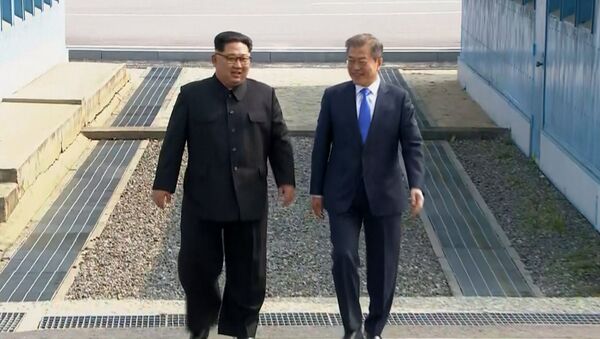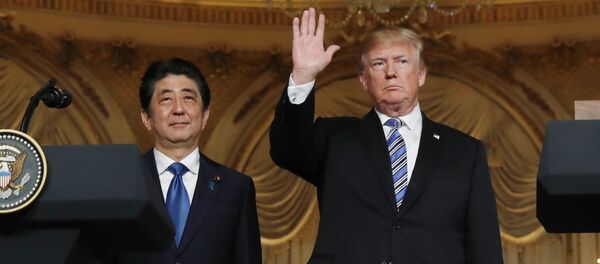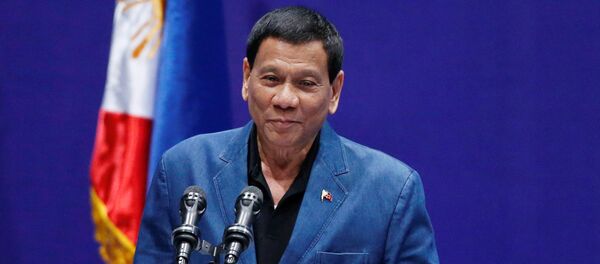"The last agreement in 1994 — a type of ‘dual suspension’ — was broken by Washington; Washington is what Pyongyang really fears," Armstrong said.
On Friday, North Korean leader Kim Jong-un and South Korean President Moon Jae-in signed a joint declaration at their summit meeting at Panmunjom agreeing to take measures to support international efforts aimed at denuclearization of the Korean peninsula and end the state of war between the two countries.
READ MORE: 'Bigger Credit Goes to Koreas' Than Trump for Denuclearization of DPRK – Expert
Armstrong said the joint declaration opened the way to revive the "dual suspension" track for Pyongyang and Seoul to achieve a successful denuclearization agreement.
"The announcement suggests a step toward ‘dual suspension’ in this sentence: ‘South and North Korea agreed to carry out disarmament in a phased manner, as military tension is alleviated and substantial progress is made in military confidence-building,’" the veteran Canadian diplomat said.
Armstrong said Kim and Moon’s agreement in returning to the "dual suspension" track augured positively for their shared commitment to achieve denuclearization in the Korean peninsula.
"I have long thought that the solution in Korea is what the Chinese call the ‘dual suspension’: The North gives up its nuclear weapons and the South agrees to stop the annual threatening exercises with the United States," he said.
However, the negotiating path to achieve such an agreement could still be long and uncertain, Armstrong cautioned.
"Getting from here to there will take a lot of careful testing of intentions and actions… But a seven-decade situation will take a long time to end," Armstrong said.
"Kim remembers the horrors visited on North Korea by the United States in his grandfather's time and has little trust in Washington, especially after the destruction of Libya," he said.
However, the biggest problem with achieving denuclearization in Korea was not Pyongyang’s fears, but what US policymakers would decide to do, Armstrong warned.
"The real question is what will Washington do? … Will Washington step back and let the locals solve the problem?" he said.
"Reading his inaugural speech, one would expect Trump to want to get out. But who can say? Washington is, as the Russians say, ‘not-capable-of-agreement-with.’ The president says ‘No’ to NATO expansion [one minute]; the next [he] says, ‘Expand,’" Armstrong said.
Trump’s willingness to scrap existing agreements and to permit contradictory messages to be sent through enormous doubt over even agreements on Korea, Syria and Iran that he supported, Armstrong commented.
"Korean agreements are passed by presidents, blocked by Congress. UN resolutions are used as licenses to kill. One [US government] says deal with Iran, the next says no deal. Syrian ceasefires are negotiated by State and canceled by the Pentagon," he said.
This confused state of affairs among US policymakers looked likely to continue, Armstrong remarked.
"The present one says time to get out of Syria and a week later attacks Syria: Impossible to predict; impossible to trust; impossible to agree with. That's the problem," he said.
"I believe that the two principals and their immediate neighbors could work their way to a solution over time; Washington is the unpredictable part," he said.
President Trump so far has supported the North-South talks and President Moon of South Korea has suggested the US president should be nominated for the Nobel Peace Prize for his efforts.
The views and opinions expressed in this article are those of the speaker and do not necessarily reflect those of Sputnik.






